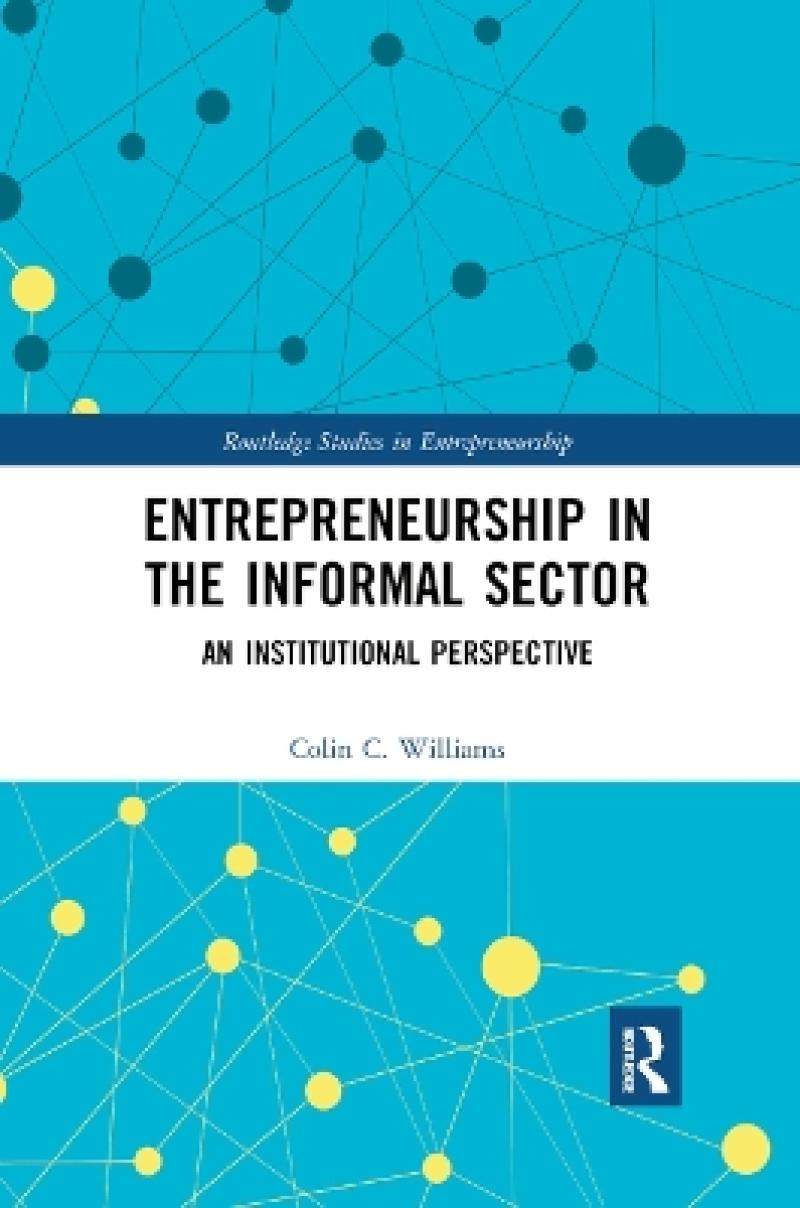How many businesses start-ups conduct some or all of their trade ‘off-the-books’? And how many enterprises continue to do some of their work off-the-books once they are more established? What should be done about them? Should governments adopt ever more punitive measures to eradicate them? Or should we recognise this hidden enterprise culture and attempt to harness it? If so, how can this be done? What measures can be taken to ensure that businesses start-up in a proper manner? And what can be done to help those enterprises and entrepreneurs currently working off-the-books to legitimise their businesses?
The aim of this book is to advance a new way of answering these questions. Drawing inspiration from institutional theory, informal sector entrepreneurship is explained as resulting from the asymmetry between the codified laws and regulations of a society’s formal institutions and the norms, values and beliefs that comprise a society’s informal institutions. The argument is that if the norms, values and beliefs of entrepreneurs (i.e., their individual morality) were wholly aligned with the codified laws and regulations (i.e., state morality), there would be no informal sector entrepreneurship. However, because the individual morality of entrepreneurs differs from state morality, such as due to their lack of trust in government and the rule of law, the result is the prevalence of informal sector entrepreneurship.
The greater the degree of institutional asymmetry, the higher is the propensity to engage in informal sector entrepreneurship. This book provides evidence to show that this is the case both at the individual- and country-level and then discusses how this can be overcome.
.
1. Introduction
Part 1: Theorising Entrepreneurship in the Informal Sector
2. An Institutionalist Perspective
3. Determinants of Institutional Asymmetry
Part 2: Informal Sector Entrepreneurship in Global Perspective
4. Prevalence of Informal Entrepreneurship
5. Impacts of Informal Entrepreneurship
6. Reasons for Informal Entrepreneurship
Part 3: Tackling Informal Sector Entrepreneurship
7. Policy Options and Approaches
8. Hard Direct Policy Measures
9. Soft Indirect Policy Measures
10. Conclusions
